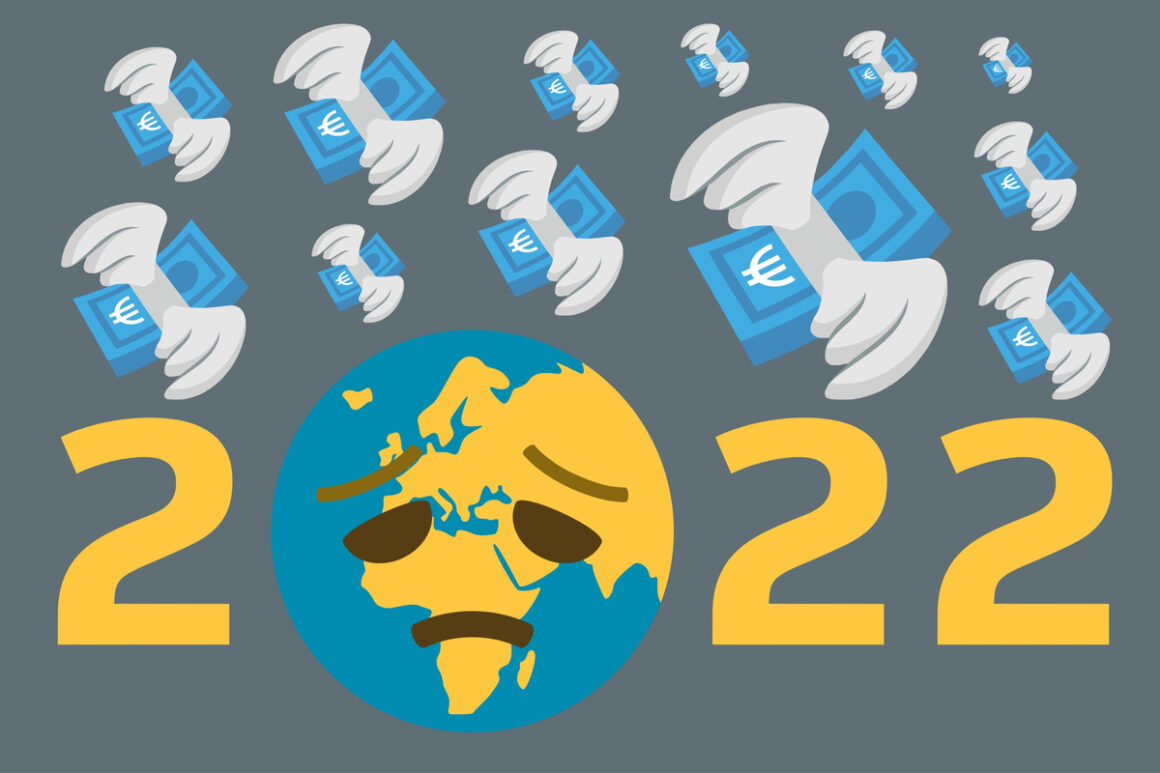|
|
Economic growth is slowing in many parts of the world, weighed down by inflation, lockdowns in China’s industrial, tech, and shipping centers, and disruptions due to the Ukraine war, The Wall Street Journal reported.
The economies of Germany, the U.K., and U.S. are among those afflicted.
Manufacturers are grappling with shortages and higher costs for raw materials, while inflation is robbing consumers of the power to afford staples, much less discretionary purchases.
In March, Germany’s purchasing managers index (PMI) slipped to 54.5 from 55.1 in February, signaling the slowest business activity in three months, S&P Global found.
Ratings above 50 signal expansion; the higher number, the more robust business activity is.
Germany’s automakers were particularly hard-hit, seeing rising prices and shortages of key metals including nickel and computer chips.
In the U.S., business activity also fell to the slowest pace in three months.
In March, the economy-wide PMI sank to 55.1; it was 57.7 a month earlier. Business activity continued to expand, but more slowly than in February.
Consumers are still venting post-COVID pent-up demand, the WSJ noted, while businesses are coping with higher costs, shortages of workers and supplies, and the need to raise prices.
In the U.S., services businesses raised their prices at the fastest pace on record, the WSJ said.
The U.K.’s PMI also dropped to a three-month low, falling from 60.9 to 57.6.
This month, the World Bank and International Monetary Fund both cut their forecasts for global growth this year, citing inflation, various shortages, and disruptions caused by Russia’s attack on Ukraine. (See related stories in this issue.)
TREND FORECAST: Unchecked inflation, the protracted war in Ukraine, and COVID-related shutdowns across China are speeding the world’s economy toward Dragflation, our Top 2022 Trend in which prices keep rising as economic activity shrinks.
Barring a major unexpected event, trend lines point to a worldwide recession in the next 12 months.

